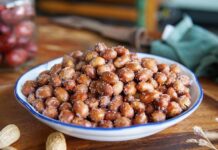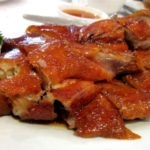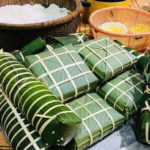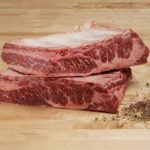1 What Type of Meat Can Be Eaten Rare?
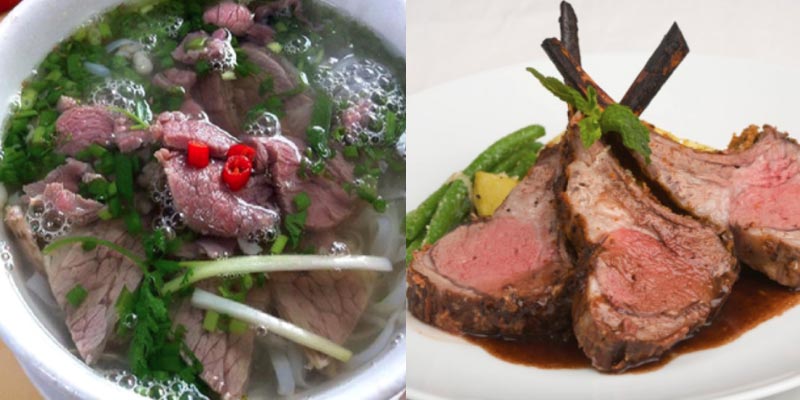
Of the four types of meat mentioned, beef and lamb can be safely consumed rare, with the inside still pink, as long as the outer part has been properly cooked or seared. This cooking process is crucial to ensure that any bacteria on the surface of the meat are eliminated.
It is not recommended to eat poultry, such as chicken or duck, or pork, sausages, or burgers rare. These types of meat can harbor bacteria throughout, not just on the surface like beef and lamb. If undercooked, they may still contain bacteria that can cause gastrointestinal issues and, if consumed regularly, may impact your health.
Additionally, beef and lamb are generally considered more palatable and easier to eat when rare. Overcooking them may lead to a loss of moisture and tenderness, making the meat tough and less flavorful.
2 Precautions When Eating Rare Meat
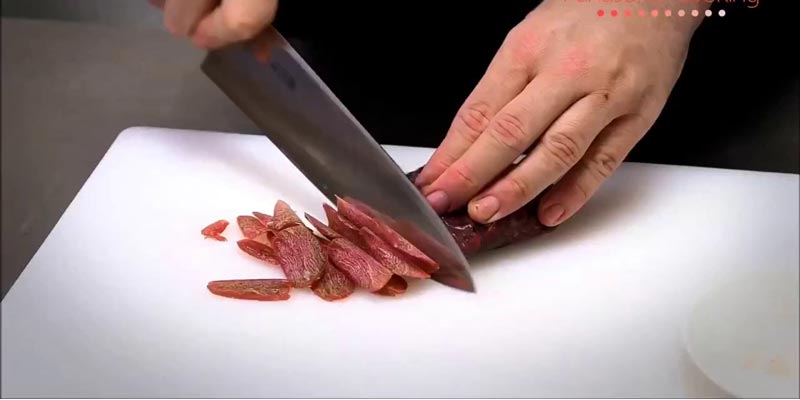
– To consume rare meat safely, it is recommended to soak the meat in a brine solution for five hours or more.
– Choose fresh, high-quality meat that meets food safety standards if you intend to eat it rare. Meat that has been left overnight is not suitable for rare consumption.
– Always wash your hands before and after handling and preparing food.
– Ensure that the food preparation area is clean and free from spoiled food, and always use clean water for cooking and preparation.
Remember, only beef and lamb are recommended for rare consumption. Other types of meat carry a higher risk of parasitic infections and are not considered safe to eat rare. Make smart choices for your health and well-being.
Source: netnews.vn
8 Common Mistakes People Make with Cutting Boards
Are you using your cutting board correctly? Many Vietnamese households rely on cutting boards in their kitchen, but not everyone knows how to use them properly, especially when it comes to wooden cutting boards. Check out these 8 mistakes to avoid when using a cutting board to ensure both hygiene and safety for everyone in your family.
Is Refrigerated Leftovers Linked to an Increased Risk of Cancer?
Dr. Lam Van Man, Head of Research, Development and Technology Transfer Department of the Institute of Safety Food, has warned of the risk of food poisoning when reheating leftovers from the refrigerator. But what should we be aware of when it comes to the possibility of these leftovers causing cancer? Here, we explore what the experts have to say on the matter and offer some tips for safe eating.
Preserving Leftover Food from the Tet Holiday
With the beginning of the Lunar New Year, many households are stocking up on food to celebrate the festive occasion. While keeping food in the refrigerator is convenient, it can also be harmful to users if not done correctly. We have compiled a few tips to help ensure food remains fresh and safe to consume during Tet.















